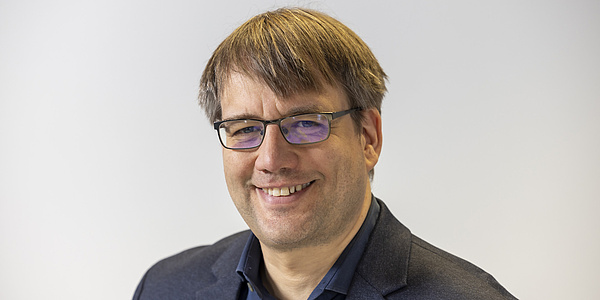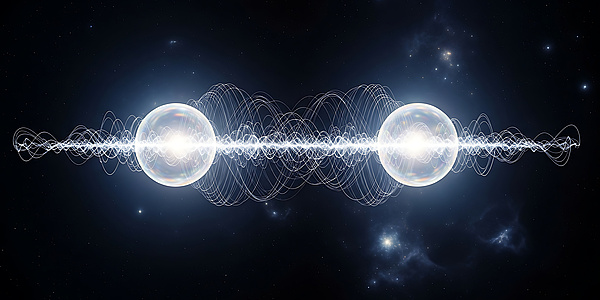Four successful applications for funding from the Austrian Science Fund

In the latest round of approvals from the Austrian Science Fund FWF, researchers at TU Graz had four good reasons to celebrate: the PhD programme "Discrete Mathematics in Teams", coordinated by Michael Kerber from the Institute of Geometry, received funding for four years as part of the doc.funds programme. Cecilia Poletti from the Institute of Materials Science, Joining and Forming will head a research group entitled "Electric current effects on the self-healing of Al alloys". The new special research area "Diskrete Zufallsstrukturen: Abzählung und Grenzobjekte" (Discrete Random Structures: Counting and Boundary Objects), in which Mihyun Kang from the Institute of Discrete Mathematics is involved, has also received funding. Finally, the special research area "Advanced Computational Design" involving the Institute of Architecture and Media was extended for a further four years.
The grants in detail:
doc.funds PhD programme "Discrete Mathematics in Teams"
Coordination: Michael Kerber, Institute of Geometry
Partners involved: Graz University of Technology, University of Graz
Funding volume: 2.3 million euros
Discrete mathematics analyses the mathematical properties of structures that can be represented exactly by a computer. Among other things, it forms the theoretical backbone of computer science and is omnipresent in everyday life, for example when we pay by credit card. The consortium of the doctoral programme brings together researchers from TU Graz and the University of Graz and focuses on building bridges between sub-areas of discrete mathematics. Each doctoral position is supervised by two researchers on an equal basis.
Research group "Electric current effects on the self-healing of Al alloys"
Coordination: Cecilia Poletti, Institute of Materials Science, Joining and Forming Technology
Partners involved: University of Leoben
Funding volume: 1.54 million euros
Special Research Area "Diskrete Zufallsstrukturen: Abzählung und Grenzobjekte"
Coordination: Nathanael Berestycki, University of Vienna
Research network: TU Graz (Mihyun Kang, Institute for Discrete Mathematics), TU Vienna, University of Vienna
Funding volume: 4.3 million euros / four-year term
This research network focuses on random discrete structures, which are omnipresent in many areas of modern mathematics, but are also essential for the description of various phenomena in mathematical physics. For example, they play a key role in understanding phase transitions that physical systems undergo during abrupt changes - such as water transitioning from a liquid to a solid state when the temperature falls below zero. Various two-dimensional models are considered in this specialised research area, for example the dimer model or planar graphs. Probabilistic and combinatorial perspectives are combined in order to answer fundamental questions about these models. How can they be mapped, either exactly or approximately? How can their random geometry be understood under appropriate scaling? How can we explain the observation that the same structures and regularities recur in very different contexts? Such questions have deep connections to mathematical physics, from topological phase transitions to Liouville quantum gravity, which are being investigated.
Specialised research area "Advanced Computational Design"
Coordination: Michael Wimmer, TU Vienna
Research network: Graz University of Technology (Milena Stavric), University of Innsbruck
Duration extension: another four years
The main research question of the Special Research Area "Advanced Computational Design" is the improvement of design tools and processes through multi- and interdisciplinary basic research in the fields of digital architecture, integrated building design, computer graphics and virtual reality, discrete and applied geometry as well as computer mechanics.




